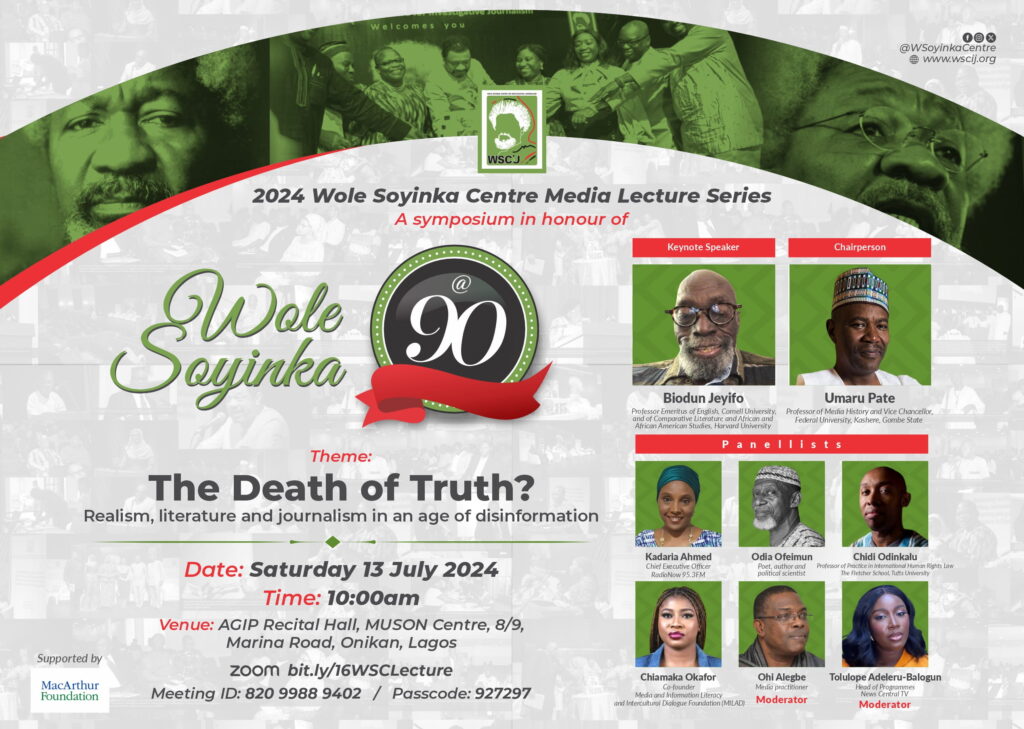Widespread access to information and computer technologies has brought tremendous freedoms to millions of people across the world. In addition to digital technology and its easy embrace of proliferating personalisable platforms, these freedoms have multiplied, curtailing the once-exclusive privilege to generate and share information that journalism traditionally enjoyed.
There are salutary outcomes of this embattlement of the so-called Fourth Estate, considering the tendency toward monopoly in conventional print and electronic media, and their susceptibility to control by repressive regimes and vested interests.
However, the freedoms offered by digital culture have steadily fallen victim to unprecedented abuse, as various kinds of misinformation, disinformation, propaganda, and conspiracy theory have become routine substitutes for reliable news, opinion or fact. Worse, with the rise of Chat Generative Pretrained Transformer (ChatGPT) and its ready use of Artificial Intelligence (AI) and bots, the reach of disinformation promises (or threatens!) to consign the very notions of truth and veracity to the outer reaches of information carriage.
For centuries, writers, artists, and journalists have used varieties of realism, a reflection of lifelikeness, to tell stories, provide information, shape and reshape human consciousness, and mold public opinion—all for the greater common good. These taken-for-granted values are severely tested in an age of disinformation when what is seen is not as it seems. Even face-value can attain a new hue in the seconds it takes the screen of a smartphone to refresh!
The Wọle Ṣoyinka Centre for Investigative Journalism (WSCIJ) will hold a one-day symposium in honour of the Nobel laureate, Wọle Ṣoyinka, who remains one of the outspoken critics of the misuse of new media by a new generation of mostly online opinion-makers. Planned as a part of the activities celebrating the 90th anniversary of the preeminent author and activist’s birthday, the symposium comprises a keynote address by Professor Biọdun Jeyifo, a panel of speakers and a town hall-style discussion.
Lecture 2024
The panel discussion will feature:
Kadaria Ahmed – Chief Executive Officer, RadioNow 95.3FM
Odia Ofeimun – Poet, author and political scientist
Chidi Odinkalu – Professor of Practice in International Human Rights Law, The Fletcher School, Tufts University
Chiamaka Okafor – Co-founder, Media and Information Literacy and Intercultural Dialogue Foundation (MILAD)
Occasion Chairperson
Prof. Umaru Pate Vice Chancellor, Federal University, Kashere, Gombe State.
Compere: Ohi Alegbe & Tolulope Adeleru-Balogun

